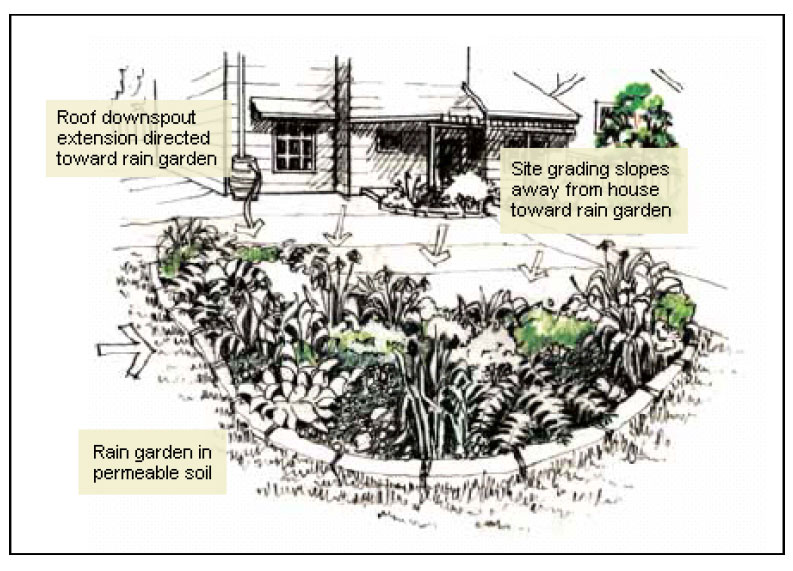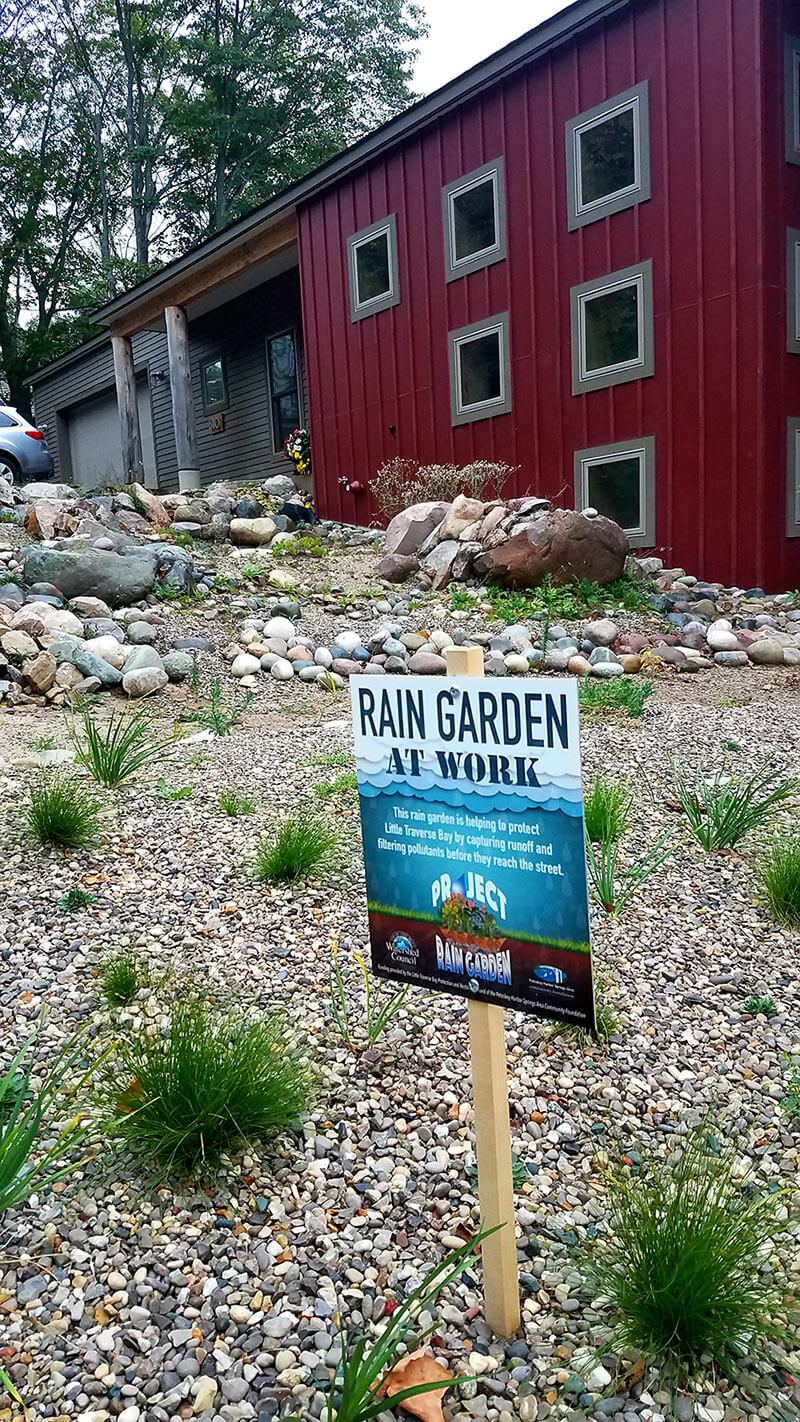Rain gardens and biofilters must be designed by an engineer land surveyor or landscape architect registered by the state of maryland.
Rain runoff roof maryland crop irrigation.
Using roof runoff on vegetables if you decide to use roof runoff on your vegetable garden there are a few things you can do to make the practice safer.
The following approaches to redirect and capture runoff can be used to control heavy runoff causing prolonged wet areas or yard erosion.
The problem is that there has been little direct research using runoff to water edibles and checking them for contamination.
Each 100 square feet of roof area will need a minimum 3 5 x 3 5 x 1 ft deep rain garden.
Never use runoff in overhead irrigation.
As rain barrels proliferate and climate change squeezes summer water supplies there s certain to be increasing interest in using roof runoff to grow vegetables and fruits.
If you lived.
These techniques will minimize the amount of water that accumulates or that causes erosion in the problem area.
Each 1 000 square feet of high tunnel roof will yield approximately 300 gallons of water from a half inch rain.
Implications for residential water harvesting systems.
This water can cause damage when it contacts basement walls crawl spaces or other structural elements.
It uses the power of gravity to collect water moving down a natural slope.
Rain gardens biofilters should not pond more than 1 ft of water.
Rain one inc.
To give you an idea of how much water you have at your disposal for irrigation here is a simple equation for figuring out how many gallons your roof sheds when it rains.
A rain garden is a shallow depression in the ground designed to temporarily catch water from an impermeable surface such as a roof driveway parking lot or even the overflow from a rain barrel.
To store as much rainfall as possible in your garden soil you can set up a rainwater irrigation system that diverts your roof runoff water directly onto your garden beds or lawn if you prefer.
The needed capacity depends on the size of the high tunnel and the amount of water desired to irrigate the crop in the tunnel.
In summary there are risks to using collected rain water for irrigation of food crops.
Downspout drainage problems rain gutters collect water falling over the entire roof and deposit it at concentrated downspout locations.
If you have heavy runoff from roof downspouts and neighboring properties redirecting or capturing runoff can provide better control.
There are rain tank calculators online so you don t have to do the math but here is an example.
In most cases the risk appears to be low and using the above sanitation practices can reduce risk.





























